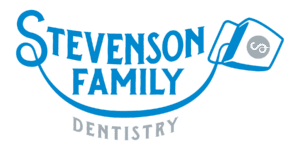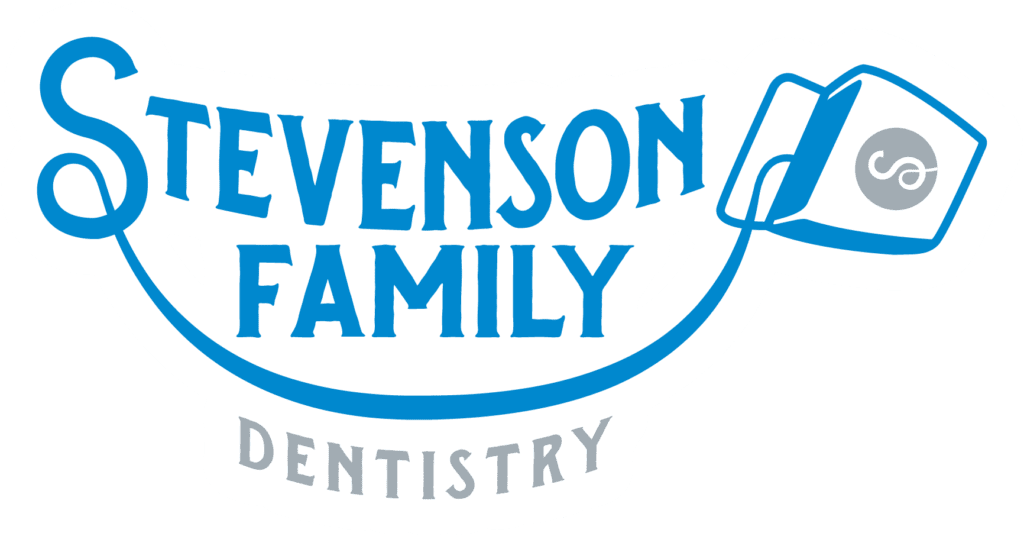
A LITTLE BIT OF PREP work makes a huge difference when an emergency happens, including an oral injury that requires an emergency dentist in Jacksonville. What exactly can we do to prepare for something like an unexpected dental injury? It depends on the specific situation.
Broken Tooth
If an injury results in a broken, chipped, or cracked tooth, the best thing to do is head straight to the dentist. If you can find the broken pieces, bring them along in a glass of cold milk to protect them. It’s also okay to rinse your mouth with water.
Even if a crack or chip seems minor, don’t ignore it! If the damage reaches the pulp chamber, it puts the tooth in serious danger of infection. Even if it doesn’t, it can work like a cavity and give bacteria a space to grow until it does reach the pulp chamber. That’s how dental infections start, leading to pulp death, painful abscesses, loss of bone tissue in the jaw, and even the risk of the infection spreading to the bloodstream.
Knocked-Out Adult Tooth
If the whole tooth gets knocked out in one piece, this, too, is a situation that requires immediate attention from an emergency dentist. There is a limited window (not much longer than an hour) in which a knocked out tooth can be successfully replanted, so the faster you get to the dentist, the better its chances are. To give it its best shot, put it back in the socket on the way there and hold it in place with a washcloth or gauze. If that isn’t possible, store it in cold milk.
Here are a few important don’ts for knocked-out teeth:
- DON’T touch the root.
- DON’T let it dry out.
- DON’T scrub or clean it with soap, alcohol, or peroxide.
Any of these could kill the root, making the tooth impossible to replant. The goal is to give the root its best chance of survival by handling it carefully, storing it properly, and getting to the emergency dentist as quickly as you can.
Knocked-Out Baby Tooth
Most of the time, when a baby tooth gets knocked out, it isn’t an emergency. Typically we wouldn’t replant a baby tooth because that might create problems for the permanent tooth underneath. However, if it wasn’t loose beforehand, we recommend at least giving the emergency dentist a call for some advice. There might be less obvious damage than what happened to the tooth.
Restoring Your Smile After the Emergency Dentist
After the initial emergency treatment, the journey to complete dental recovery may involve cosmetic and restorative dentistry. This phase is essential for bringing your smile back to its optimal health and appearance. Restorative dentistry focuses on repairing any damage caused by the dental emergency, addressing issues such as fractured teeth, damaged fillings, or even more extensive trauma.
With the skilled hands of our dental professionals, we’ll assess the extent of the damage and recommend tailored restorative procedures to restore your smile’s function, aesthetics, and overall oral health. From dental crowns and fillings to more advanced treatments like dental implants or bridges, our goal is to provide comprehensive care that not only resolves the immediate issue but also ensures a lasting, confident smile.
We’re Prepared for Patient Emergencies Too!
Another essential part of your dental emergency plan, besides what to do in different emergency situations, is to know where to go for help! You can learn more about us by checking our business page, and check out this map to see where our practice is located in Jacksonville.
If you’d like to learn about our practice’s emergency dentistry services, just give us a call and we can tell you about our end of the equation. Hopefully you’ll never need to make use of this information and the only times we’ll see you will be for normal appointments, but preparation is key!


